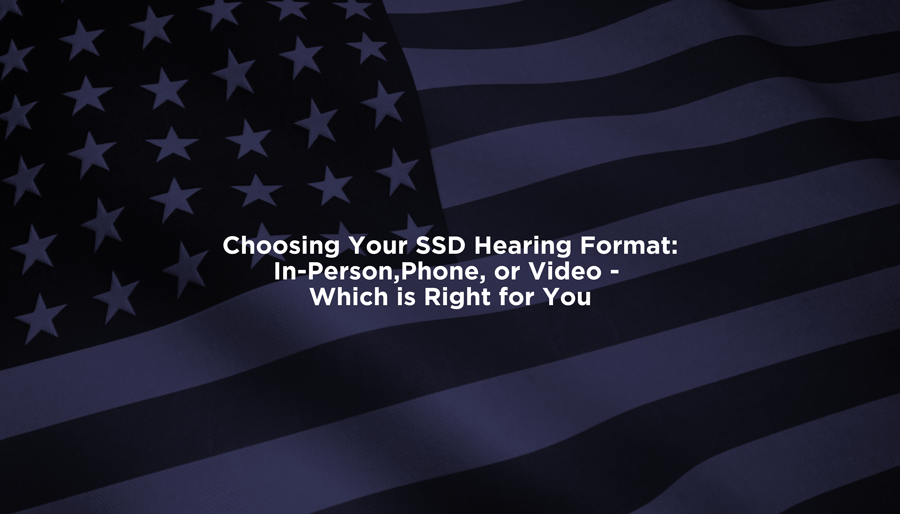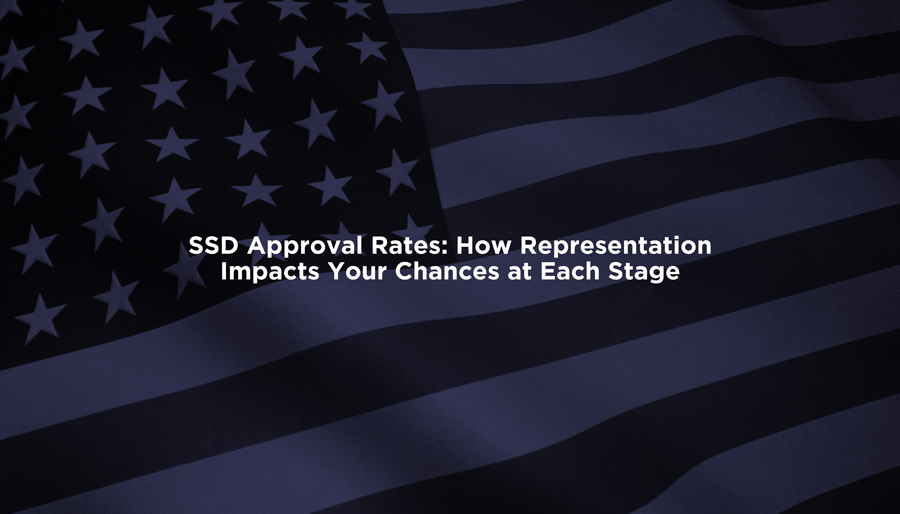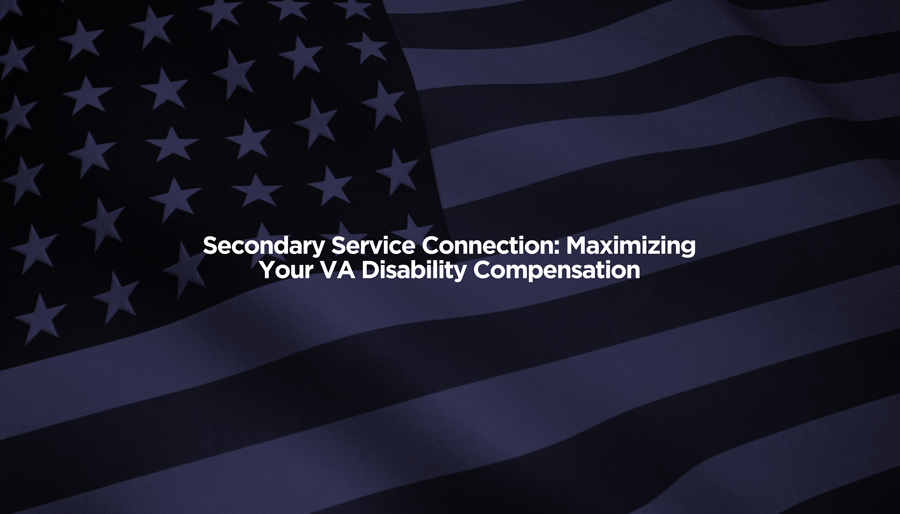Nothing can truly prepare for you the loss of a spouse, even if the death was somewhat anticipated. In the midst of grieving and making funeral arrangements, you probably are wondering how you are going to handle your financial matters, especially if you are unable to work yourself due to a disability.
Understanding your rights to widow’s disability benefits can bring you some peace of mind in the midst of your grief. At POAG Disability Law, our attorneys are here to help you stay informed and file for your rightful benefits. We’re only a phone call away and provide free consultations.
Eligibility for Widow’s Disability Benefits
Widows who are unable to work due to a disability may qualify for something called disabled widow’s benefits (DWB) through the Social Security Administration (SSA). Additionally, if you become disabled within seven years following the death of your spouse, you may also claim benefits.
To be eligible, you must meet certain criteria:
- Meet the definition of “disabled” as defined by the SSA.
- Your deceased spouse earned enough Social Security credits, which means that they worked enough years paying taxes into the Social Security system.
- Be between the ages of 50 and 60 years old.
- Have been married to your deceased spouse for at least nine months and one day prior to their passing, unless an exception applies.
- Be unmarried, unless the marriage can be disregarded or an exception applies.
- Not be entitled to equal to or a higher amount of Social Security benefits based on your own history of work.
If you would like to find out more about whether you qualify for DWB benefits, our attorneys can assist you by reviewing your case free of charge.
Calculating the Value of DWB Benefits
The value of your DWB benefits will vary depending on your deceased spouse’s earning record. In general, as long as you do not have any children also collecting benefits based on your deceased spouse’s record, then you may be entitled to receive up to 71.5% of their Social Security Disability benefit amount.
With that said, remember that the SSA frequently denies claims when individuals do not demonstrate they have a disability that prevents them from working. The good news is that those filing for DWB benefits may automatically qualify for benefits due to “vocational profile” factors if they are:
- 55 years of age of older;
- Have no past relevant work;
- Have no formal schooling past the 11th grade; and
- Have a severe impairment
Pursuing Maximum Benefits on Your Behalf
When you lose a spouse while disabled, you should focus on healing with your family, not having to stress about financial affairs. At POAG Disability Law, we are dedicated to helping real people recover the benefits they need to live a happy and healthy life.
If you need assistance, please don’t hesitate to reach out for a free consultation via phone call or by filling out our online contact form. We provide services across all fifty states, so we are prepared to assist you wherever you may be.




